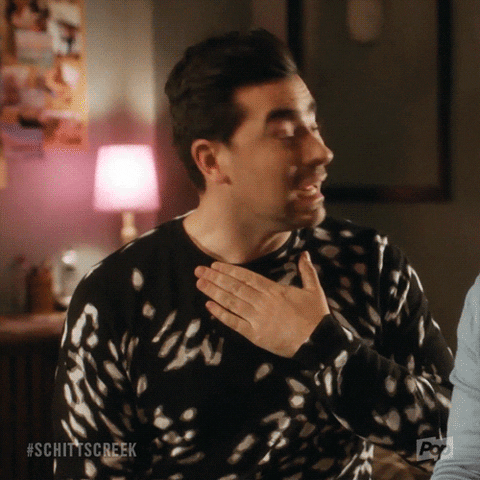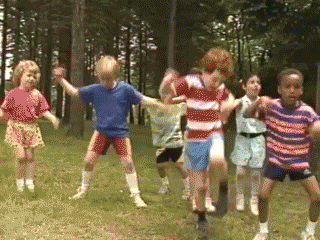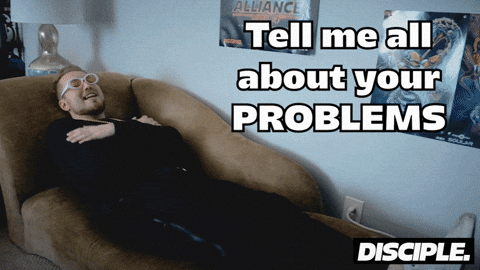RSD is a disorder that many still don’t know exists, even though they may be impacted by it personally or know someone who is. The acronym stands for Rejection Sensitivity Dysphoria and while it’s not yet formally recognized by the American Psychiatric Association, many clinicians treat clients who display the symptoms.
RSD typically impacts people with Attention Deficit Hyperactivity Disorder and Autism Spectrum Disorder to varying degrees. It’s called a dysphoria because in involved perceived rejection which oftentimes results in extreme feelings of unease. The rejection isn’t always happening but a person with RSD has a heightened sensitivity to being rejected so until they receive reassurance, they can become tearful or anxious.
During a moment of RSD someone may cry, tremble, breathe heavily or even have a full blown panic attack at the rejection or fear of rejection. The person that might have triggered the response likely never witnesses the full reaction as the initial response can look like anger or suddenly going silent. So what triggers someone’s RSD? It’s not always rejection in the traditional sense.

Cherry, a mom with RSD shares a video of what it looks like when she’s struggling with the disorder and things that can trigger it for her.
“This is what rejection sensitivity dysphoria (rsd) looks like: you shake, you sweat, you cry and you can’t think of anything but the perceived or real rejection/judgement. This happens every time you feel judged, disliked, excluded, rejected, disagreed with or disapproved of causing an intense fear of rejection,” Cherry shares via text overlay before showing how badly her hands are trembling.
Because people who live with RSD feel rejection so strongly, they can start to avoid interactions with others in an attempt to avoid rejection. To outside eyes, this may appear to be social anxiety or introversion, but in reality many crave connection with others but are afraid they may be rejected.
Avoiding interacting with other people doesn’t always end at social interactions with friends, this can also impact jobs, dating or communicating with other parents if the person has children. But avoidance isn’t the only response people with RSD have. They can also become overly accommodating, otherwise known as “people pleasers.” In order to avoid the sting of rejection, some people with the condition will work really hard to do things that make other people happy with them even if it’s to their own detriment.

They can develop low self-esteem, an inferiority complex, perfectionism and negative self-talk. This disorder is suspected to be genetic and neurologically linked to ADHD, it can be compounded upon by a buildup of feelings of rejection from childhood. The overcorrection of behaviors that are typical of children with undiagnosed or untreated ADHD. Kids with ADHD can also experience painful rejection from their peers who deem their behaviors “weird” or “rude,” like the constant need to move or excessive verbal interruptions.

Children can internalize the constant correction from caregivers and the negative response from peers as rejection to natural parts of themselves. These small moments continue to add up over a person’s lifetime which can add to symptoms of RSD as an adult. But there are a few things people can try on their own to reduce or shorten their symptoms.
1. Therapy
Individual therapy with a therapist trained in treating people with ADHD can help you develop skills to use in the moment. Don’t be afraid to shop around to find he right fit for you.
2. Grounding exercises
When you’re experiencing moments of RSD, your body feels very dysregulated. Try doing box breathing to help calm your nervous system. You do that by breathing in through your nose for four counts, hold for four, then out through your mouth for four counts. Repeat as often as you need in order to feel regulated.

3. Thought stopping
Thought stopping can come in many forms, some people like to visualize a stop sign while others use a stimuli like the snapping of a rubber band on their wrist. This helps to break the negative thought pattern giving you time to utilize a coping skill.
4. Positive self-talk
The best way to combat negative-self talk is to actively shift it to positive self-talk. If your brain is saying everyone hates you, drown it out by pointing out how likable you are. It sounds and feels silly at first but it’s effective.
5. Ask
If you just can’t stop ruminating on if someone is upset with you or is no longer interested in being your friend, you can take a deep breath and ask. Will it be scary? Yes. Are you already holding back tears from the feeling of rejection that may or may not have occurred? If the answer is yes, asking will give you a definitive answer. Have ice cream and tissues on standby, but chances are you won’t need them.
This article was written by Jacalyn Wetzel, Licensed Clinical Social Worker and practicing therapist.


































